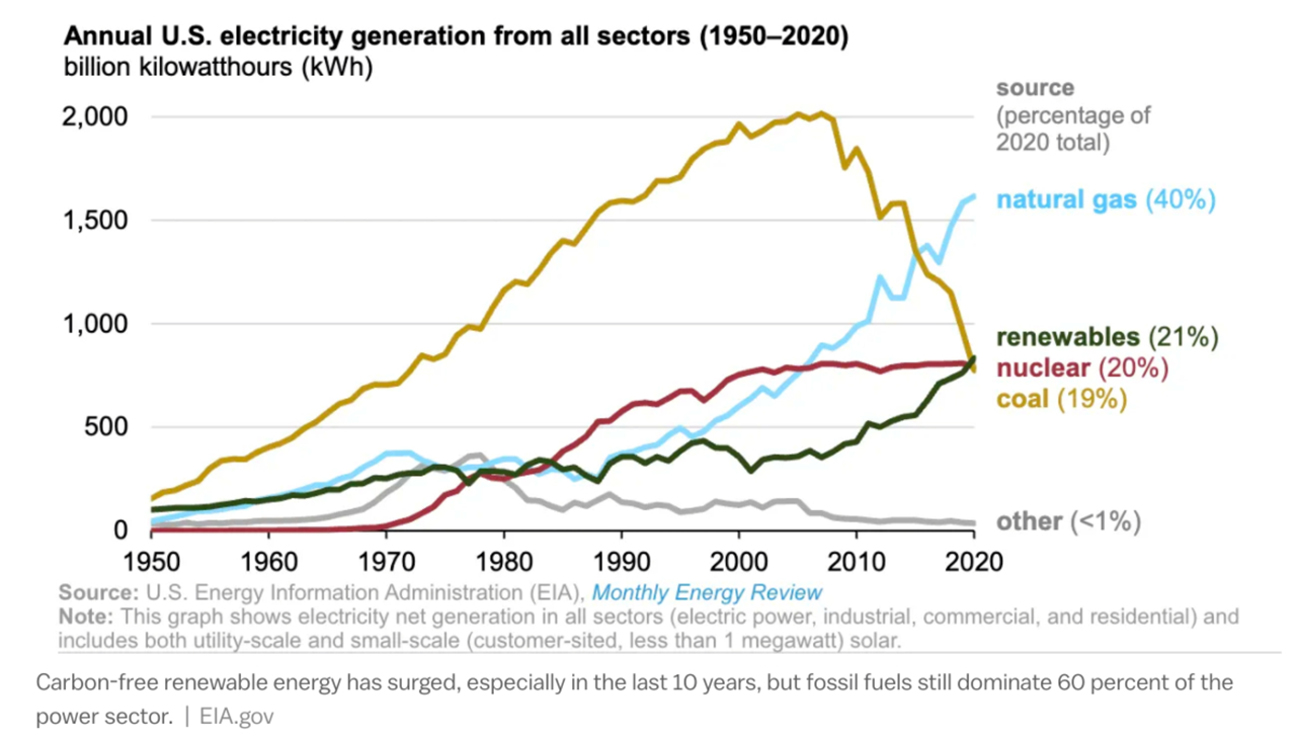As the urgency to reduce greenhouse gas emissions intensifies, the quest for 100 percent clean energy electricity by 2035 challenges the United States to innovate and collaborate on an unprecedented scale. President Biden’s ambitious goal is attainable with political will, bipartisan government action, and strategic partnerships, yet hurdles loom large.
The intricate web of three disparate power grids in the West, East, and Texas, interconnected only at a few points, poses a formidable challenge. The pressing need for a 60 percent expansion of the electricity transmission system by 2030, as estimated by Princeton, demands a paradigm shift in how we approach clean electrification.
The conventional route of building solar arrays and windmills faces bottlenecks in interconnection queues, with wait times averaging five years after completion. The enormity of the task requires a fresh perspective and bold solutions reminiscent of historical innovations.
Drawing inspiration from past successes, a consortium of clean energy companies, supported by the federal government, could emulate the achievements of NASA and SEMATECH. This collaborative effort, fueled by the brightest minds in the nation, has the potential to unleash unparalleled innovation, job creation, and economic success.
However, as we navigate the path to full clean electrification, immediate action is imperative. A diversified approach, including investments in other clean-energy technologies, is crucial. Reducing greenhouse gas emissions cannot rely solely on solar and wind; it demands an “all of the above” strategy, including the adoption of renewable natural gas (RNG).
RNG, derived from anaerobic digestion of organic materials, emerges as a carbon-negative alternative with a lower carbon footprint than traditional natural gas. Vanguard Renewables is at the forefront of this revolution, recycling organic waste into clean fuel while addressing methane emissions, promoting regenerative agriculture, improving water quality, and creating jobs.

The business community plays a pivotal role in achieving net-zero targets, exemplified by AstraZeneca’s groundbreaking collaboration with Vanguard Renewables. By committing to replace 100 percent of fossil natural gas usage with RNG at all its US sites by 2026, AstraZeneca sets a precedent for bold corporate action in the face of the climate crisis.
This partnership underscores the importance of collective efforts across sectors. It heralds a new era of collaboration among like-minded companies, cities, and states, united in the mission to decarbonize and address the climate crisis. As consumers, business leaders, and community advocates, we must rally behind clean industries, urging elected leaders to incentivize and support businesses of all sizes on their journey to net zero.
In the face of daunting challenges, the time for bold action is now. The $1.3 billion investment by the Energy Department in the nation’s power grid is a step, but the road ahead requires more. Decarbonizing thermal needs with RNG marks the beginning of a cleaner era, and Vanguard Renewables proudly leads the way.
The future hinges on forging more partnerships, catalyzing new industries, and ensuring no one is left behind in the pursuit of a sustainable and decarbonized world. Together, as a nation, we have the power to pioneer a clean energy revolution and safeguard the planet for future generations.






